Finding the right job for you can be challenging, especially when so many companies these days make it harder to get an entry-level position without years of previous experience. However, there are still fields out there where you don't need a ton of experience or even a college degree to get your foot in the door!
Recently, I asked the BuzzFeed Community to tell me about the entry-level jobs that helped set them up for lucrative careers.
Here are 17 of their top answers:
1. "Bank teller. Most bankers — even bank presidents — start as tellers. Starting at this level allows a person to learn the banking business from the ground up. Most of the training is on the job, and if you do well, there will be advancement opportunities."

2. "Data entry. Data is everywhere nowadays, but ACCURATE data is EVERYTHING. Get really, really good at keeping things accurate, and in order, and learn how to spot inconsistencies and discrepancies. People who aren't good at these things treat you like you're a wizard, which then leads to great recommendations later on. Those skills can transfer to numerous different fields and industries."
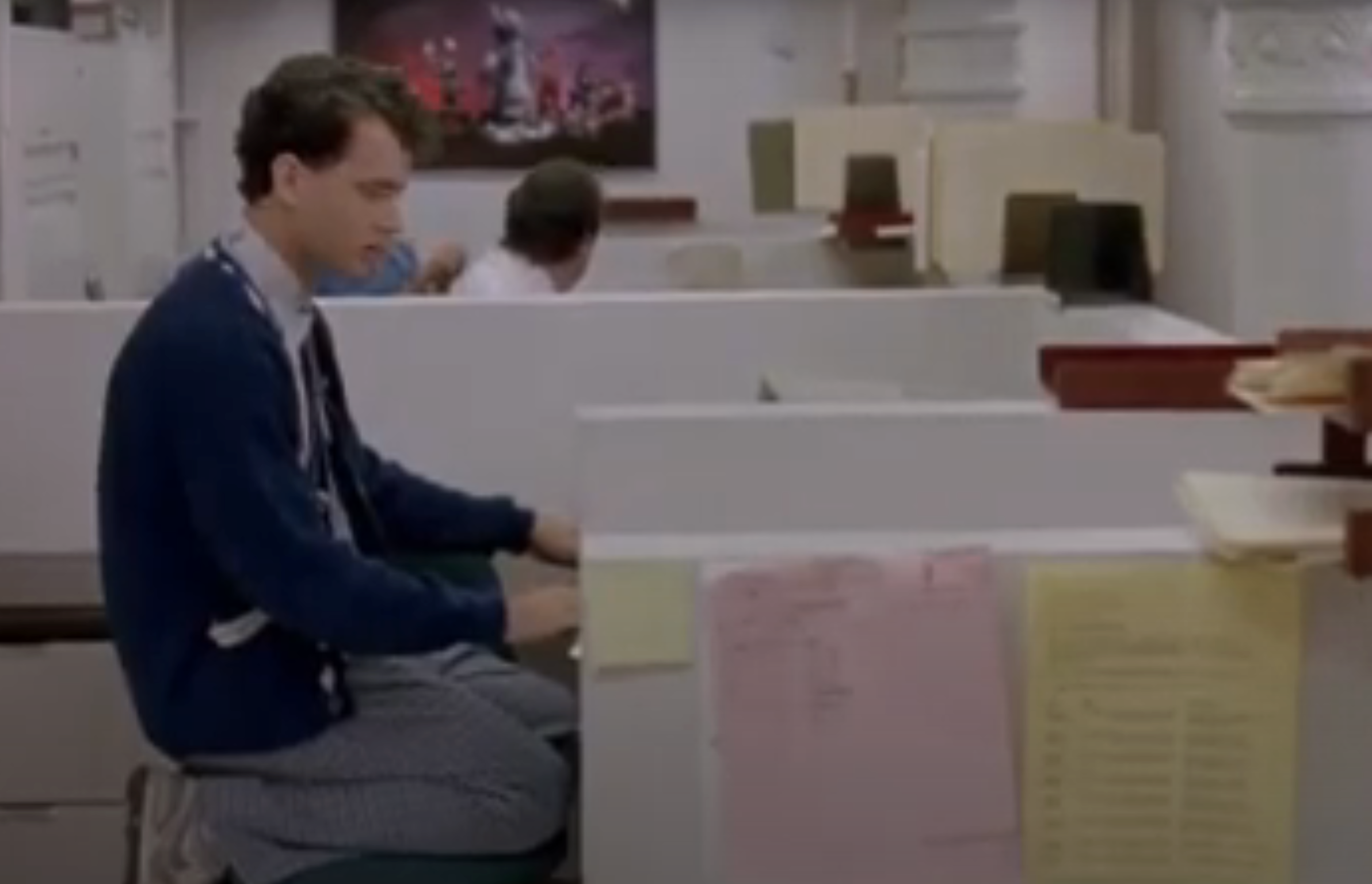
"The job I always recommend to folks when I'm asked how I got to six figures is data entry/data operations. I've been able to be hired for a variety of jobs dealing in finance, education, HR, security, and telecom. Once you understand how to manipulate data, it doesn't matter what it is or where it's from, all it is is numbers and text. Have a strong base in Excel, learn SQL, and learn to understand database structure, and you have a career that's going to last you years, even with leaps to AI. Companies are cheap and aren't going to invest AI in every part of their business for years to come, so maybe their app uses AI, but not their internal billing software they've had in place since 1998.
You don't need a college degree, and if you do, know it can be in anything. I have an English and film degree, so you don't need to be a math genius. Being logical, organized, and understanding the order of operations will get you far. I recommend having strong ethics, too, because there have been times I have been asked to manipulate data for evil, and telling important people no is my early barometer to getting out and moving onto better, higher-paying jobs."
3. "I did a year of service with AmeriCorps VISTA then used a service benefit called non-compete eligibility to get pushed ahead of the crowd for federal hiring. Don't get me wrong, my year of service was tough. AmeriCorps pays a literal poverty wage to their volunteers/members. But I got such good real-world experience that year and made it work. Later, I got hired at a federal agency in a modestly-paid REMOTE job with a boatload of benefits and flexibility. WORTH IT."
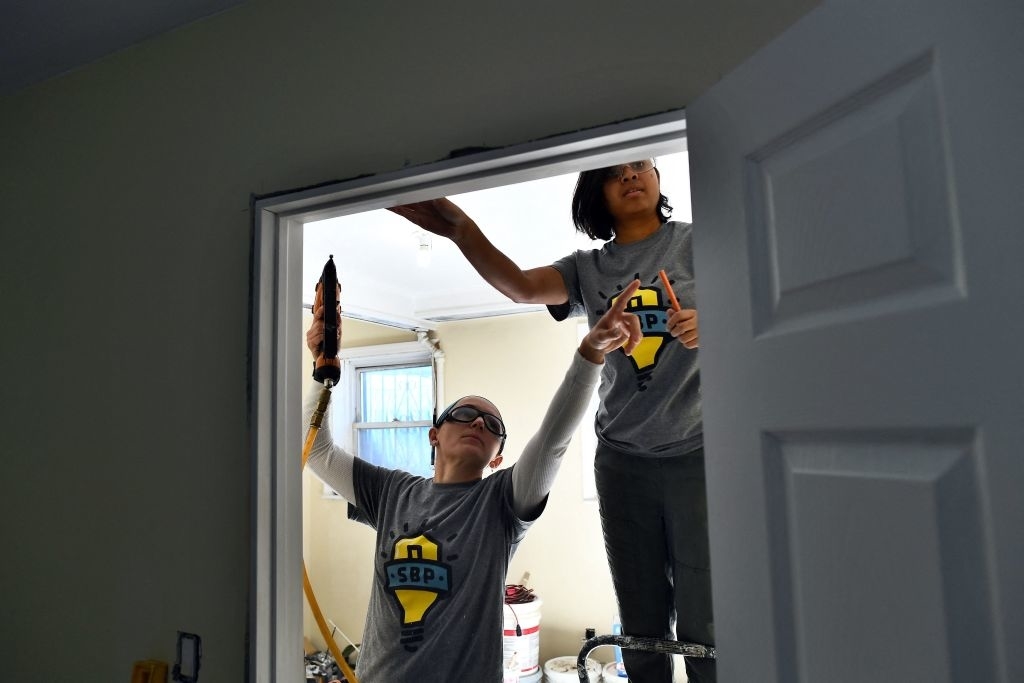
4. "Entry-level jobs in insurance are your ticket to a good career. There's tons of opportunity for growth, they'll pay for your licensing and other industry education, and it's recession and pandemic-proof. It's easy to make an above-average salary, and six figures is within reach for a LOT of people."
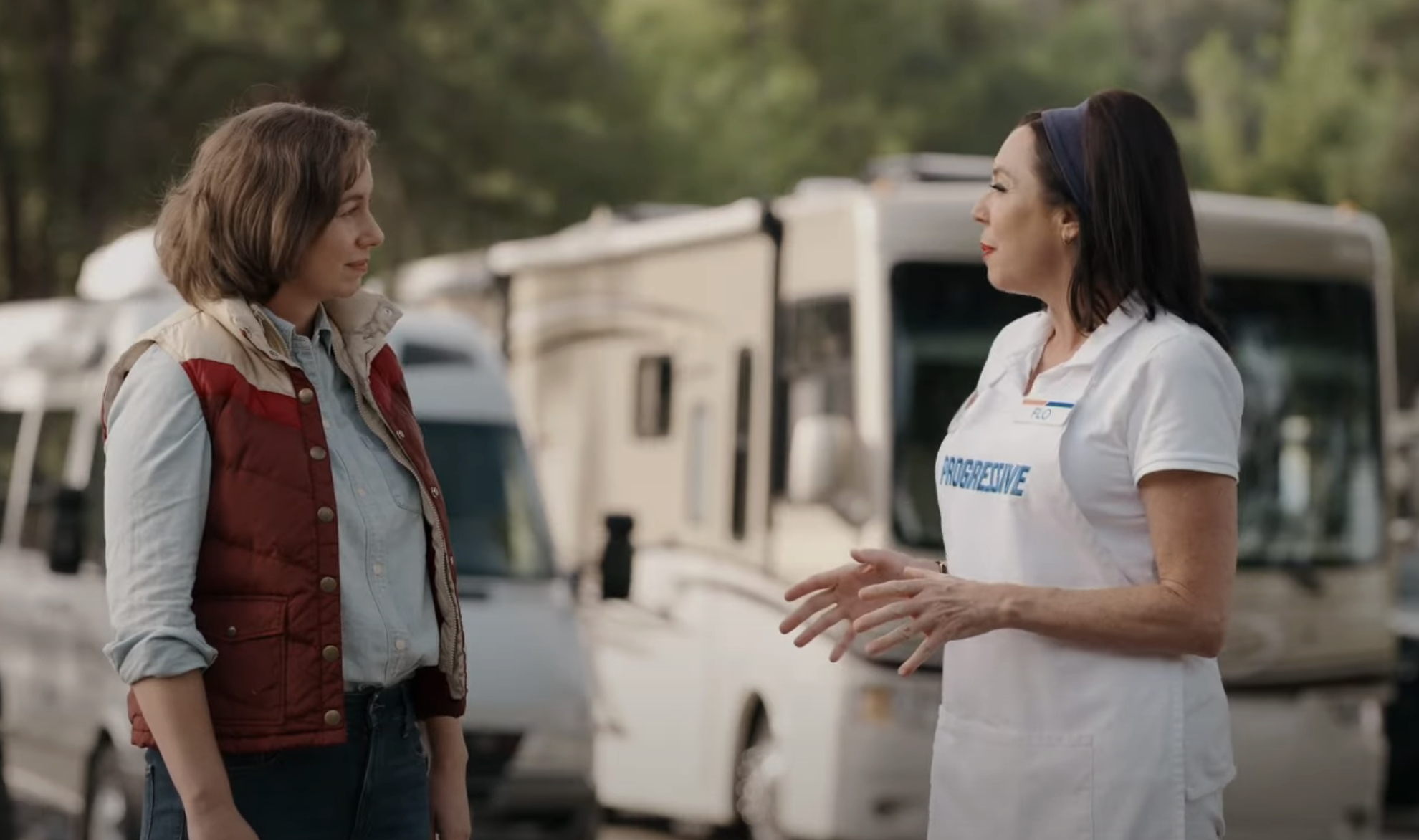
"Many jobs in various aspects of the insurance industry can be very lucrative, and you typically don't need any previous experience. The amount of knowledge that you have to ACQUIRE over time to be successful is objectively immense and takes a great deal of effort, but you don't need previous experience or knowledge to start."
"I left a 'lucrative' career after 17 years at a prestigious space agency because I was tired of the bureaucracy and BS. I could have gone to work in a similar capacity in the private industry, but I was tired. One of my friends left to start their own business…in insurance! At the time, I thought he was totally crazy. He tried to show me the numbers and how it works. Turns out that he now has two houses, a private jet, and a yacht.
So, when I left my job, I asked how to get started. Two years in, with literally no experience or knowledge in the industry, I'm now making more monthly then what I was after 17 years and with a doctorate!
For those who diss insurance, let me tell you, medicare sales pay well, and you're building long-term residual income and wealth. Those are things I wouldn't have had before with my previous job. Is it tough the first year? Yes. Is it a steep learning curve? Yes. I truly believe I get to help people, and that motivates me to work even harder."
5. "Amazon delivery driver. If you put up with the BS long enough, you get $5,250 for continuing education, which I'm using to get my CDL."

6. "Sales is a field with minimal hiring criteria for a low-level, door-to-door, old-school B2B-type position. You often don't need experience or a degree. It is NOT for everyone! But if it turns out you're good at it, the income potential is basically unlimited."
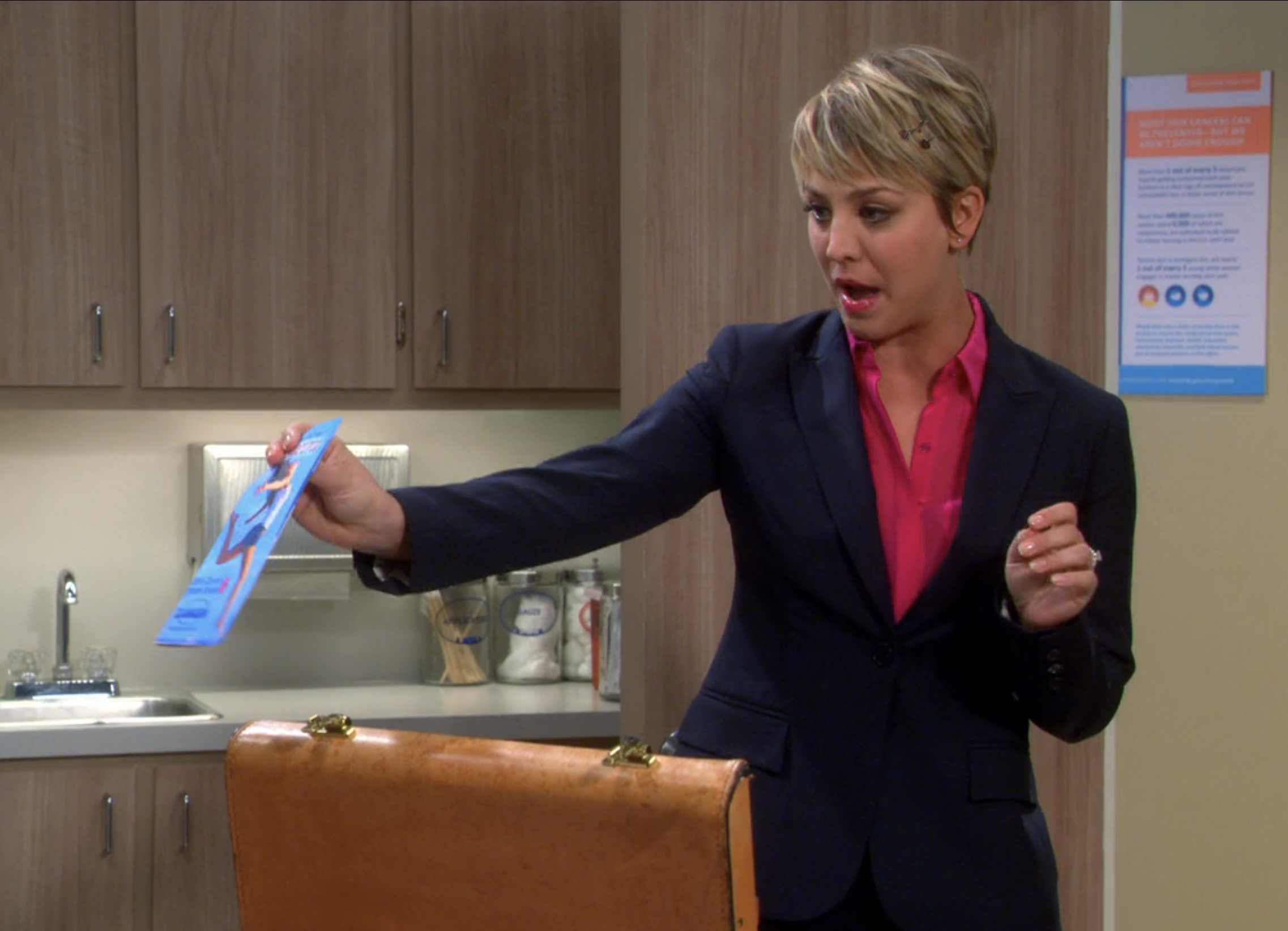
7. "Ok, hear me out. Go work for a traditional print newspaper as a writer, reporter, clerk, copyeditor, etc. The pay is terrible, but the optics of working at a paper give you automatic cred in communications, marketing, and PR."

8. "Hosting at a restaurant! Hosting becomes serving, server gets upgraded to trainer, trainer becomes bartender, who becomes assistant general manager, who can potentially get promoted to manager. A lot of restaurants pay managers WELL, and that can even introduce you to a six-figure corporate position."
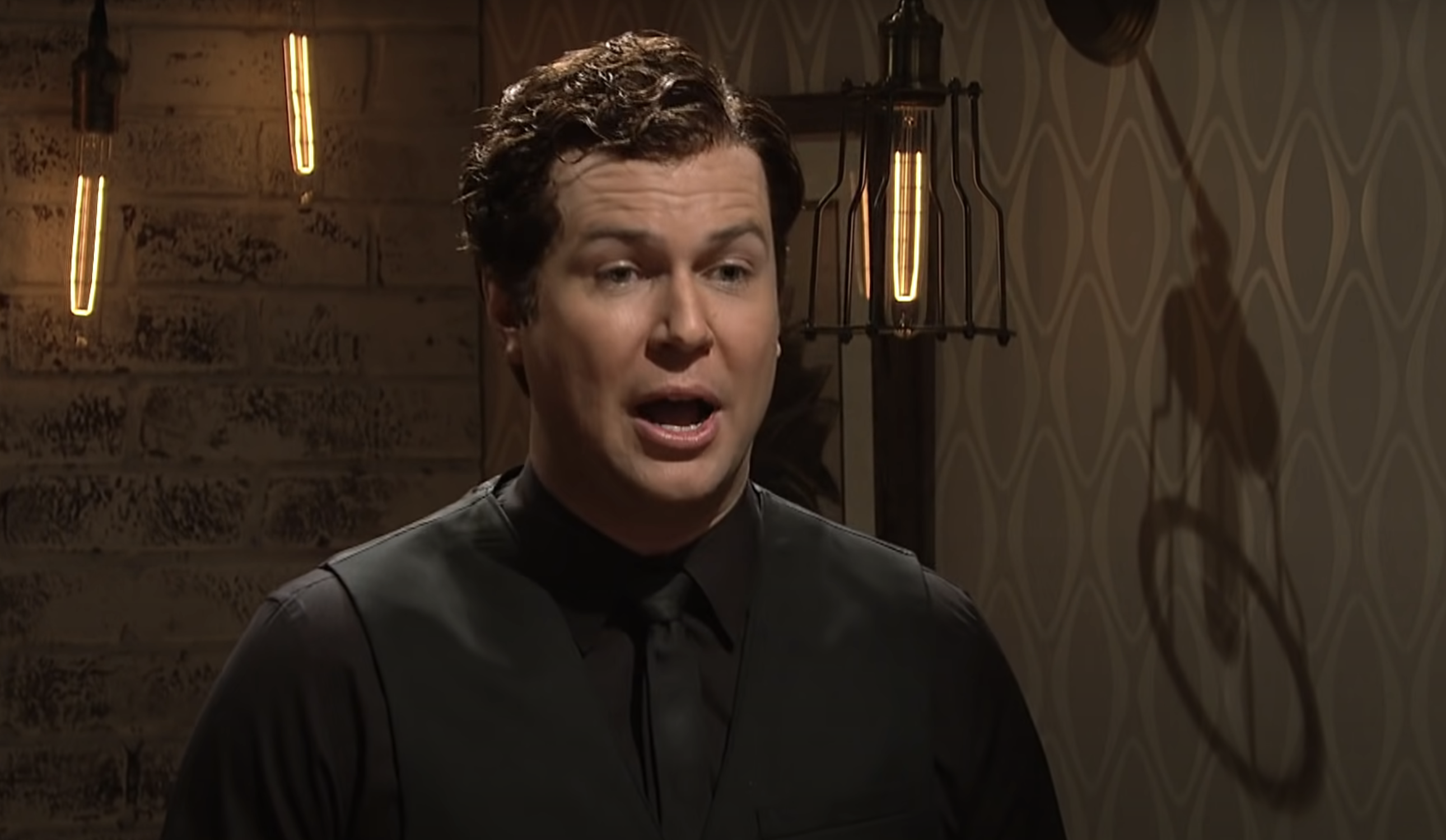
9. "I worked at a high-end restaurant as a reservationist. It was just working the phone and assigning tables. It is absolutely possible to make a career in hospitality this way."

10. "Started off as an operations analyst at a start up, ended up leading a team on go-to-market strategy at a video game company."

11. "Nine years ago, I got my first full-time office job at a third-party record collection agency for personal injury law firms. After a couple of years, I started working for law firms directly, and over time, I moved through the positions of legal assistant, legal secretary, and now paralegal. I don't have a paralegal certificate, but I do have the work experience I've built over that time. It's not 'lucrative' in the sense of rolling in cash, but it's allowed me to support myself solo."

12. "Law clerk. It teaches you the basics you need to get into law school, and you learn what you need to do well there."

13. "I took a pay cut and left the career I went to school for (early childhood education) to work at a small mail house because I needed an escape from my current job. I knew nothing about the business or how anything worked. I was basically just a body to do manual labor. Lucky for me, no one who worked there cared that much or tried very hard, and I was raised with a good ethic, so it didn't take long for me to get noticed and consistently get moved up. Turns out, I was really good at my job, a quick learner, and actually enjoyed what I was doing (despite basically just sending junk mail). Fast forward about 3.5 years, and my employer offered me a promotion to production management. I have since doubled what I started at."
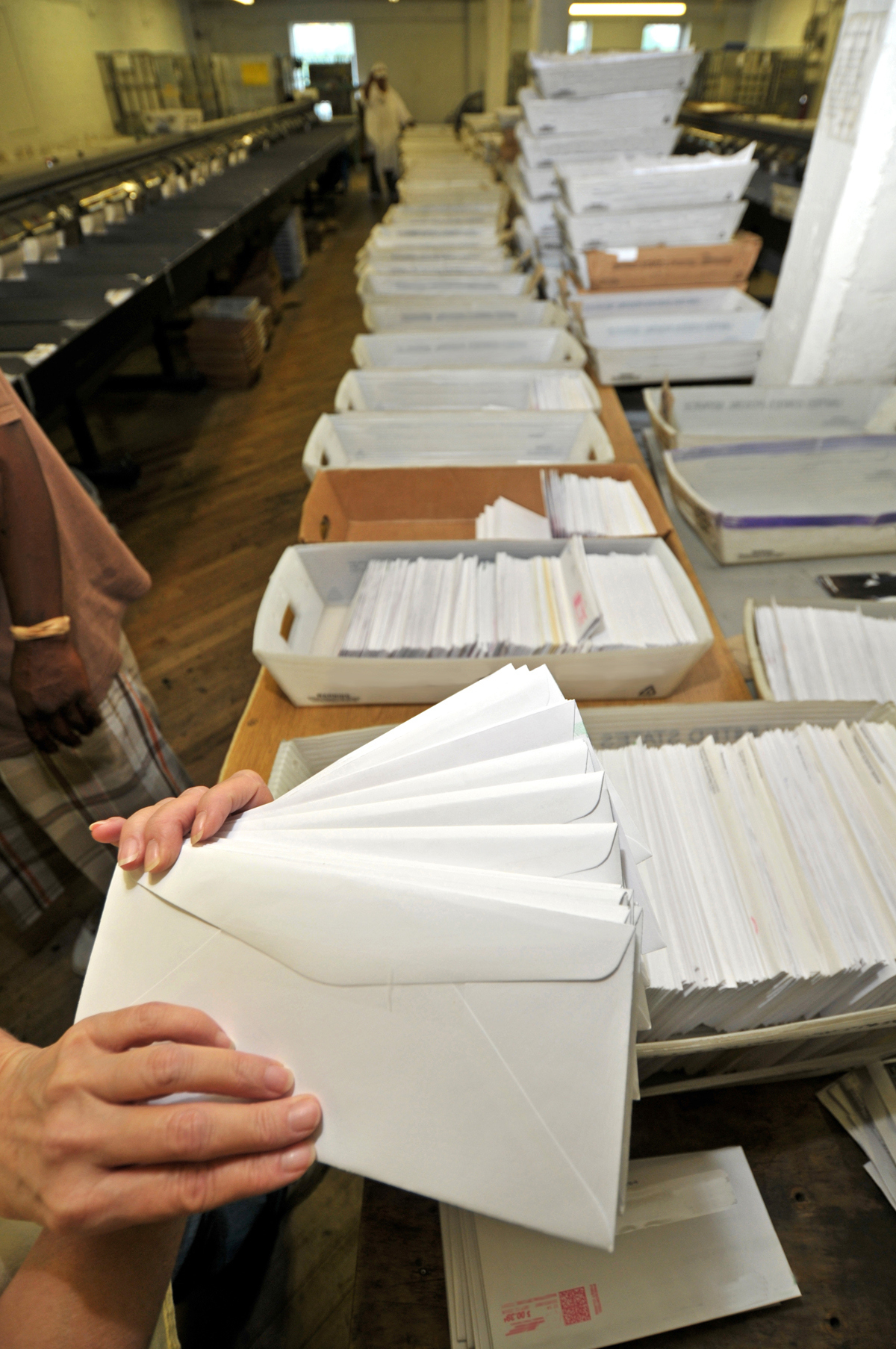
14. "At the ripe age of 18, I was purportedly hired as an assistant leasing agent. My goal was to be an editor and publisher of literature. I had zero experience and zero knowledge in property management, but, because it was right before the 2008 bubble burst, it was pretty darn good pay. They never found a primary leasing agent, so I inherited the job."

15. "A little over two years ago, I was hired as a part-time (20hr/wk) cashier at a local bicycle store. Several years ago, I worked at a community bicycle shop for only a few months. I did not have too much knowledge or experience working with bikes. A few months into the cashier job, I was promoted to a sales associate and moved up to about 30hr/wk. After the annual performance reviews at the end of the year (about 7.5 months after I was initially hired), I was promoted to a department manager position. A year later, I was promoted to the general store manager."

16. "Entry-level call center jobs at big insurance/banking companies can be really awful, but it's a foot in the door for access to training, networking, and opportunities to get licensed to sell or advise on financial products."

17. And finally: "Human Resources is still a career you can get into without a degree. If you can start as an HR assistant or coordinator, all you will need is basic office skills. Go for a large-ish company though so that you can get someone to mentor you. Take advantage of opportunities to get certified and further your career."
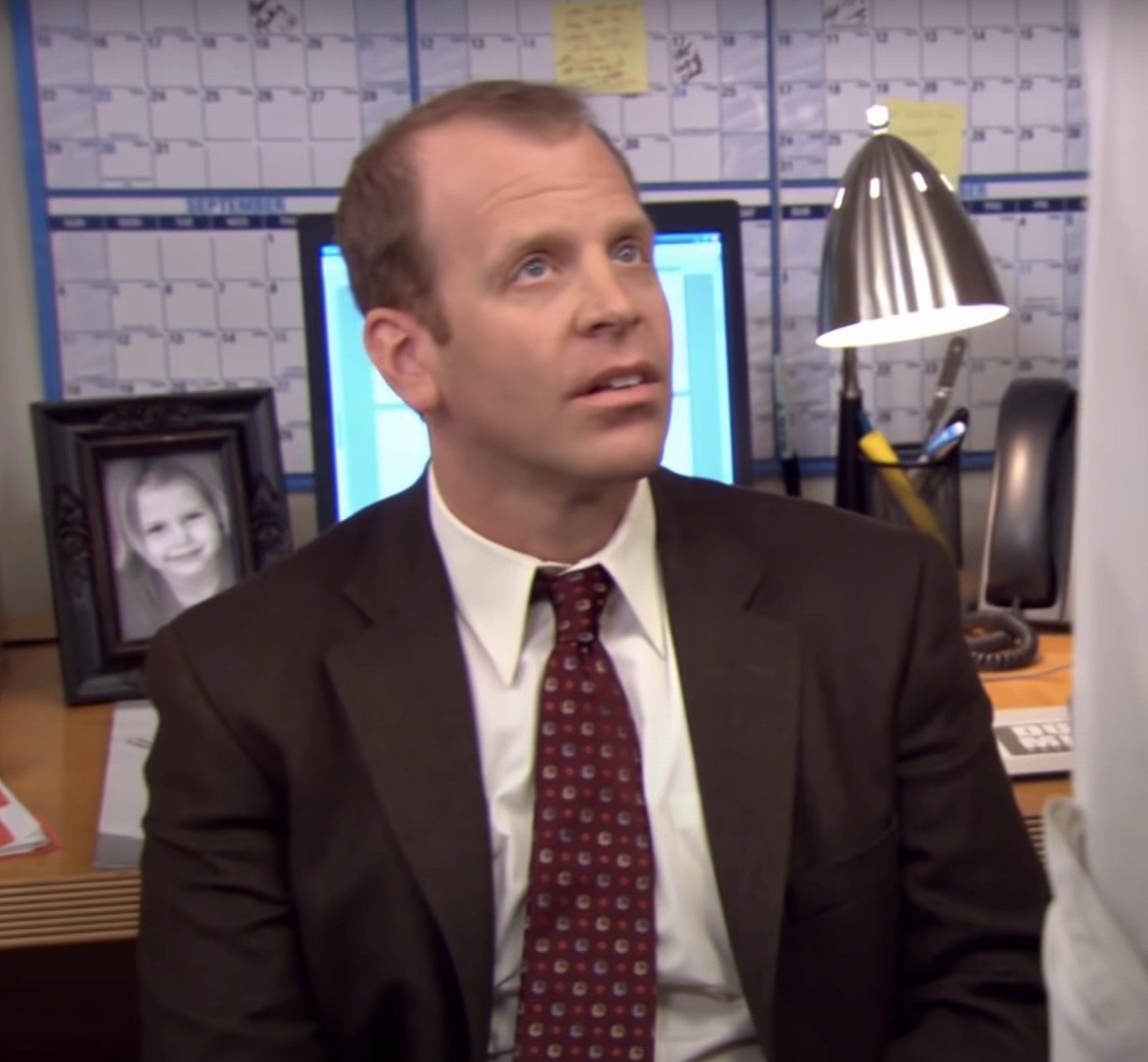
"While in college, I got a part-time job as an HR assistant with my university and worked there for two years until I graduated. Needless to say, I became really proficient at professional communication, and that has carried through all of my other jobs, to the point where my managers always gush about it in performance reviews, etc.
I also think getting my master's in data analytics is the best career decision I've made so far — I'm not even finished, and I was able to get a job as a data analyst making A LOT more money, and I'm set to become a data scientist making six figures when I graduate next year."
Do you have experience with an easy-to-get, entry-level job that set you up for a successful career? Share your stories in the comments!
Some responses have been edited for length/clarity.
